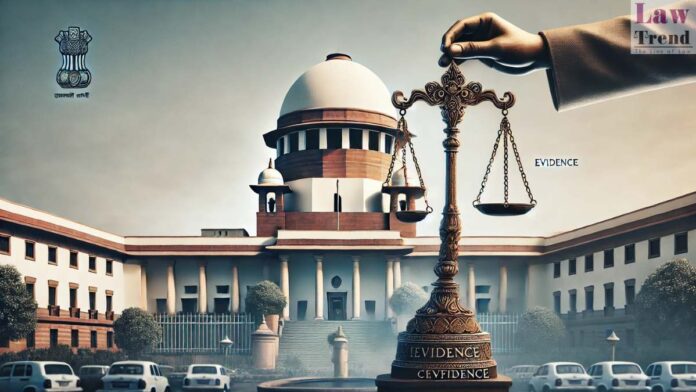The Supreme Court on Thursday dismissed a criminal appeal filed by Subhash Aggarwal, who was convicted for the murder of his son, reiterating that while the absence of motive in a case based solely on circumstantial evidence may weigh in favour of the accused, it cannot by itself justify an acquittal if the chain of
To Read More Please Subscribe to VIP Membership for Unlimited Access to All the Articles, Download Available Copies of Judgments/Order, Acess to Central/State Bare Acts, Advertisement Free Content, Access to More than 4000 Legal Drafts( Readymade Editable Formats of Suits, Petitions, Writs, Legal Notices, Divorce Petitions, 138 Notices, Bail Applications etc.) in Hindi and English.




